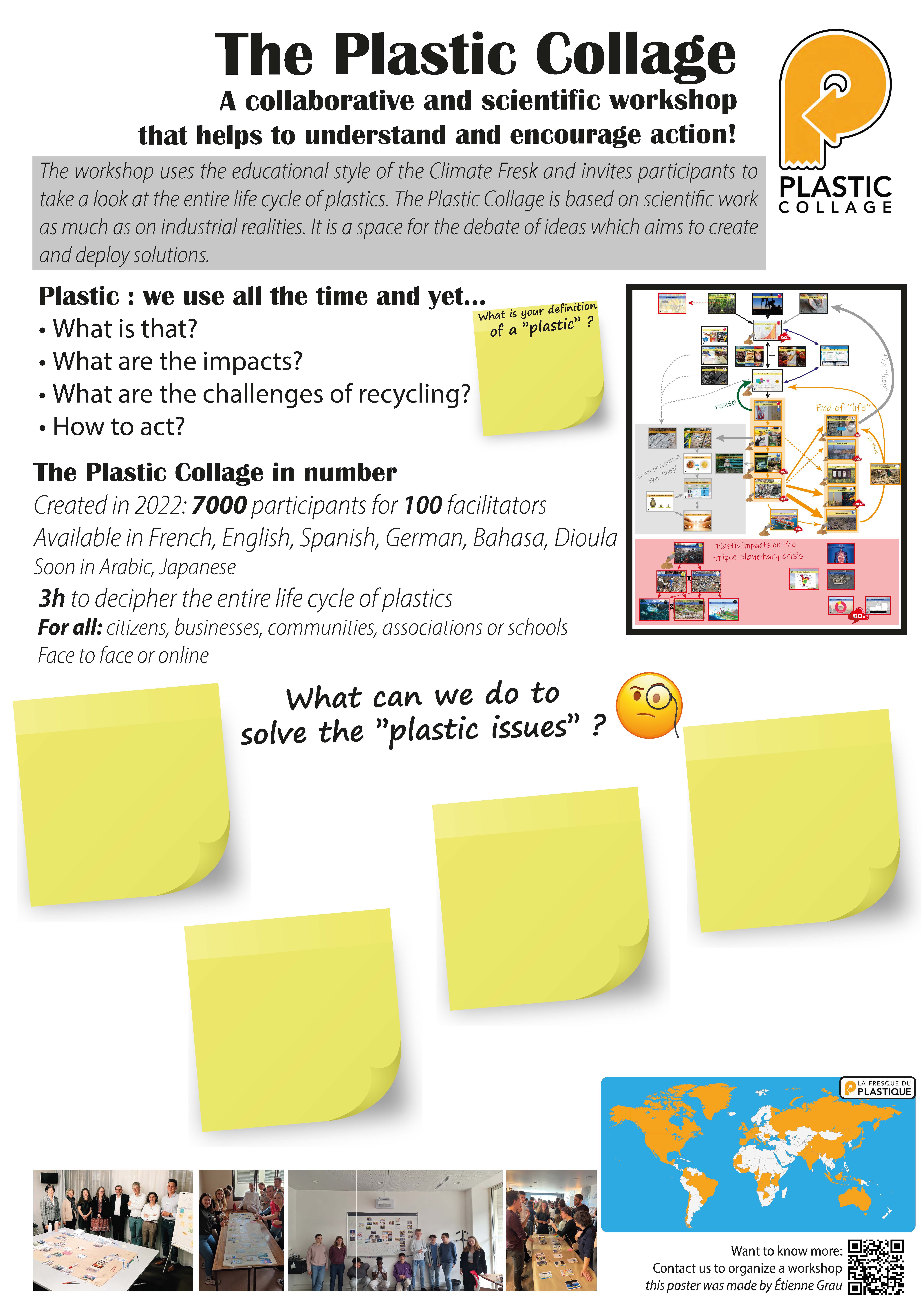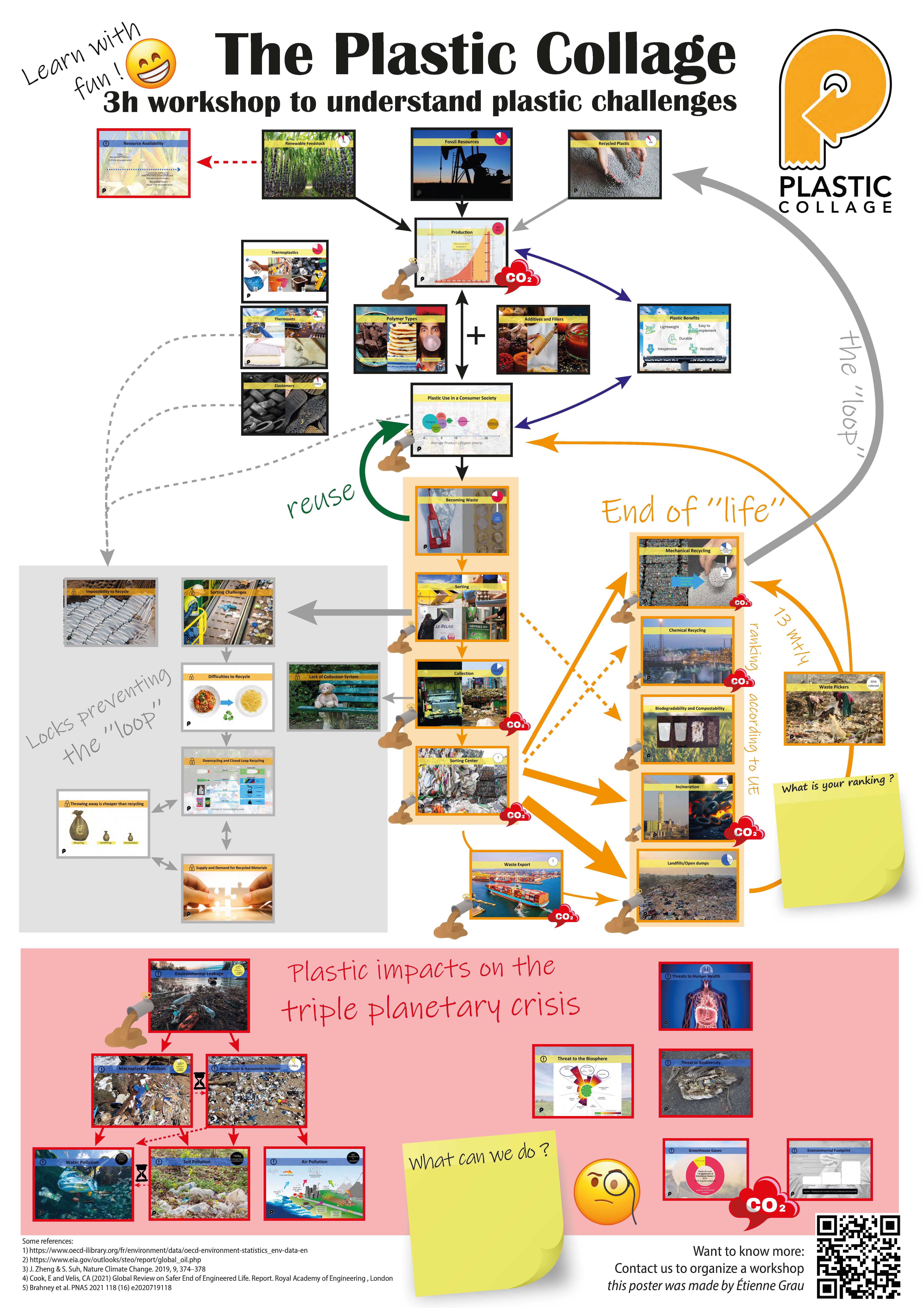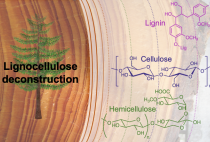Dr. Étienne Grau was trained in chemistry and physical chemistry at the ENS Cachan (France) and then he undertook a PhD in polymer chemistry at CPE Lyon (France), where he studied the radical and coordination-insertion catalytic polymerization of ethylene in the C2P2 laboratory under the supervision of Dr Vincent Monteil, Dr Christophe Boisson and Dr Roger Spitz (2007-2010). He defended his PhD in November. During a first post-doctoral stay, he studied Ziegler-Natta catalysis merging theoretical (with Pr Phillipe Sautet at the ENS Lyon), surface (with Pr Christophe Copéret at ETH Zurich) and polymer chemistry (with Dr Vincent Monteil at C2P2). Then in 2012, he moved to the group of Pr Stefan Mecking in Konstanz (Germany) to work on palladium catalysis to synthesize polymers from lipids and terpenes 
He was recruited by the LCPO in 2013 as Assistant Professor in the group of Pr Henri Cramail.
Dr. Étienne Grau expertise is in polymer chemistry and catalysis. In the last 7 years, he developed green chemistry approaches to bio-based polymers, including their end-of-life (recycling, biodegradation, ecotoxicity)
He focus his research topics on the valorization of biomass and more specifically on the synthesis of fatty-acid based thermoplastic polymers. To do so, fatty acids are modified using green chemistry methodologies (catalysis, green solvent, atom efficient reaction…) to obtain polymerizable synthons. More recently, this approach was broadened to other bio-resources such as terpenes or lignin derivates.



He manages a platform of equipments for chemistry under high pressure (ethylene, propylene, CO2, H2 …). The related research topics concern the polymer foaming by supercritical CO2, the polymerization in CO2, coordination-insertion polymerization of ethylene and chemical valorization of CO2.
More recently he start to investigate the synthesis of high permittivity bio-based polymers

















